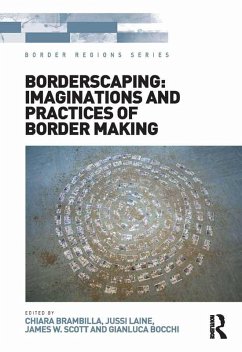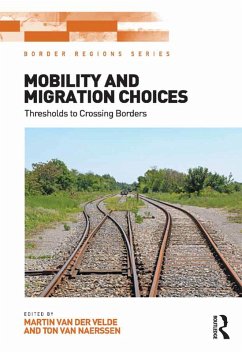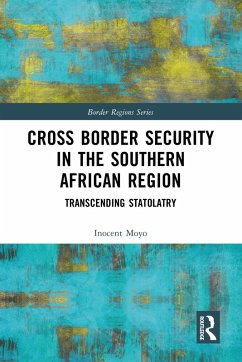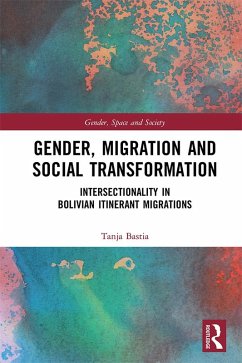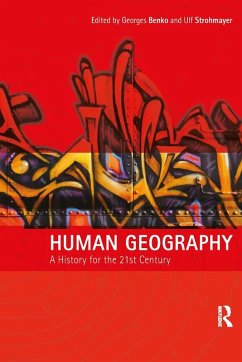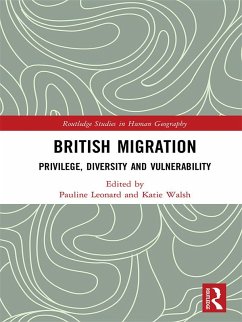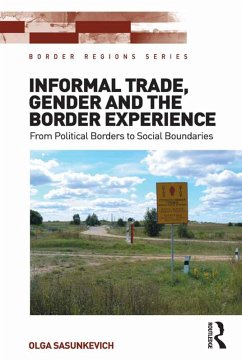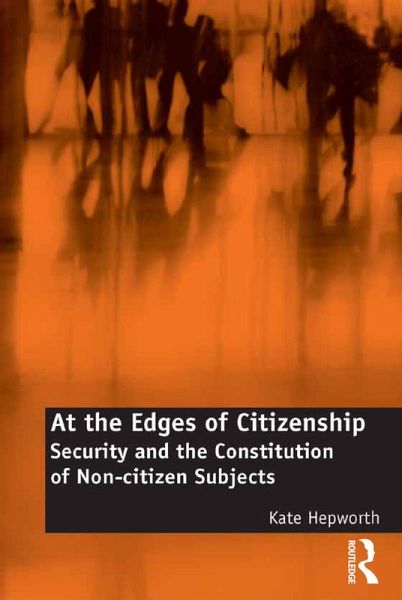
At the Edges of Citizenship (eBook, ePUB)
Security and the Constitution of Non-citizen Subjects
Versandkostenfrei!
Sofort per Download lieferbar
45,95 €
inkl. MwSt.
Weitere Ausgaben:

PAYBACK Punkte
23 °P sammeln!
Proposing a new, dynamic conception of citizenship, this book argues against understandings of citizenship as a collection of rights that can be either possessed or endowed, and demonstrates it is an emergent condition that has temporal and spatial dimensions. Furthermore, citizenship is shown to be continually and contingently reconstituted through the struggles between those considered insiders and outsiders. Significantly, these struggles do not result in a clear division between citizens and non-citizens, but in a multiplicity of states that are at once included within and excluded from th...
Proposing a new, dynamic conception of citizenship, this book argues against understandings of citizenship as a collection of rights that can be either possessed or endowed, and demonstrates it is an emergent condition that has temporal and spatial dimensions. Furthermore, citizenship is shown to be continually and contingently reconstituted through the struggles between those considered insiders and outsiders. Significantly, these struggles do not result in a clear division between citizens and non-citizens, but in a multiplicity of states that are at once included within and excluded from the political community. These liminal states of citizenship are elaborated in relation to three specific forms of non-citizenship: the 'respectable illegal, the 'intimate foreigner' and the 'abject citizen'. Each of these modalities of citizenship corresponds to either the figure of the clandestino/a or the nomad as invoked in the 2008 Italian Security Package and a second set of laws, commonly referred to as the 'Nomad Emergency Decree'. Exploring how this legislation affected and was negotiated by individuals and groups who were constituted as 'objects of security', author Kate Hepworth focuses on the first-hand experience of individuals deemed threats to the nation. Situated within the field of human geography, the book draws on literature from citizenship studies, critical security studies and migration studies to show how processes of securitisation and irregularisation work to delimit between citizens and non-citizens, as well as between legitimate and illegitimate outsiders.
Dieser Download kann aus rechtlichen Gründen nur mit Rechnungsadresse in A, B, BG, CY, CZ, D, DK, EW, E, FIN, F, GR, HR, H, IRL, I, LT, L, LR, M, NL, PL, P, R, S, SLO, SK ausgeliefert werden.





